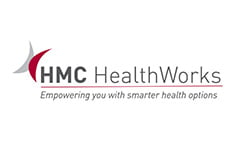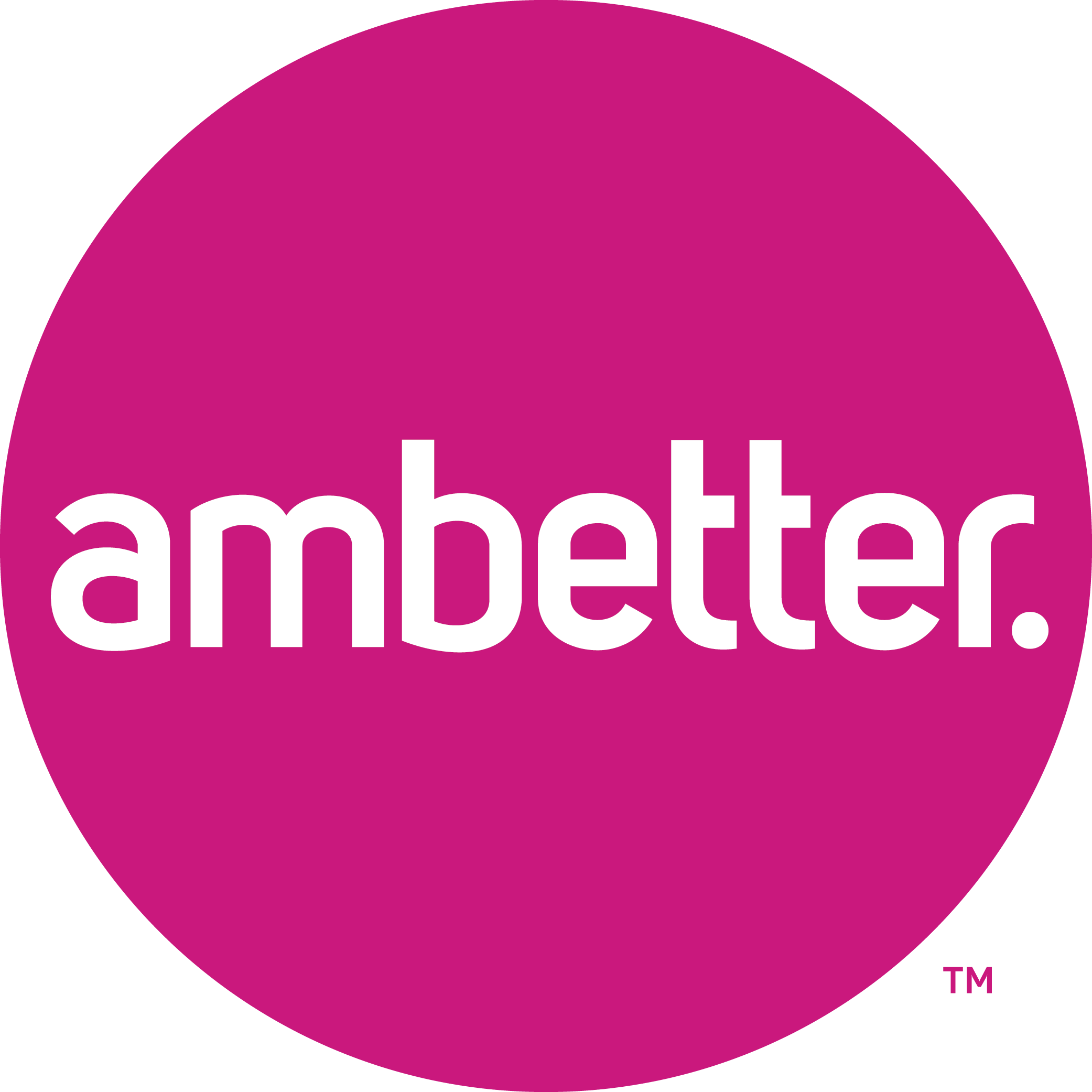A partial hospitalization program (PHP) offers individuals recovering from substance use, mental health, and eating disorders access to a structured and safe treatment environment where they can receive care while sustaining a schedule outside of rehab. Our eating disorder PHP treatment is offered to active-duty military and veterans with eating disorders like anorexia nervosa, bulimia nervosa, binge eating disorder, and others. As part of our Military and Veterans in Recovery program, this level of care is designed with the challenges and needs of this demographic in mind. Keep reading below to learn how it can help you or a loved one achieve long-term recovery.

Eating Disorders in the Military
Whether serving in the Army, Navy, Air Force, Marine Corps, Coast Guard, or Space Force, military personnel put their lives at risk to fight for our country. Due to the combat and trauma many of these individuals are exposed to, mental health disorders like depression and post-traumatic stress disorder (PTSD) are relatively common among this demographic, with studies showing approximately 1 in 4 active-duty members show signs of mental illness.1
In addition to these mental health disorders, eating disorders have also become more prevalent in the military in recent years. Although mental health awareness is much higher among military members than it was in the past, eating disorders are not as well recognized.
Much like professional sports, the military appears to be an environment that can contribute to disordered eating. The environment fosters severe pressure to attain and sustain peak physical conditions marked with regular weigh-ins.
Discipline, rank, working with others, strict regimens, and designated rules are all factors of control and perfection, characteristics that are highly associated with eating disorders. Additionally, the extreme stress of being away from loved ones and being in combat or traumatic situations can contribute to harmful coping mechanisms, such as unhealthy eating behaviors.
What’s more, while eating disorders can occur in men, women are more likely to develop them. For instance, according to a survey of 3,000 women in the military, 60% of respondents had an eating disorder, and in the Marine Corps alone, 97.5% met the criteria for an eating disorder.2
Unfortunately, many military eating disorders go unnoticed and untreated not only because of the lack of awareness but also because many comrades and officials aren’t aware of the telltale signs. Some common signs and symptoms of eating disorders include:
- Avoiding mealtimes or eating in front of others
- Complaining about being fat
- Complaining about constipation or stomach pain
- Constantly dieting but rarely losing weight
- Dental problems from repeatedly inducing vomiting
- Denying that extreme thinness is a problem
- Dramatic weight loss
- Evidence of binge eating, including the disappearance of large amounts of food in a short time or finding many empty food wrappers or containers
- Exercising excessively (in this case, doing more training than required)
- Hoarding food or hiding large quantities of food in strange places
- Preoccupation with food, dieting, counting calories, and similar
- Preparing elaborate meals for others but refusing to eat them
- Refusal to eat certain food groups, such as carbs or fats
- Scarred knuckles from repeatedly inducing vomiting
- Signs of purging, including trips to the bathroom after meals, sounds or smells of vomiting, or packages of laxatives or diuretics
- Skipping meals, avoiding eating in front of others, or eating very small portions
- Stopping menstruating
- Using gum, mouthwash, or mints excessively
- Wearing loose, bulky clothes to hide weight loss or the body
Although these signs may vary depending on the specific kind of eating disorder the individual has, the ones listed above are the most common and can indicate that the individual needs professional eating disorder PHP treatment.
PHP Eating Disorder Treatment for Active-Duty & Veterans
Unlike residential treatment, eating disorder PHP programs don’t require clients to live at the facility while receiving care. Also referred to as day programs, PHP includes several session hours that take place during the day for several days a week, allowing clients to return home at night.
For this reason, PHP is considered a step down from residential care or a step up from intensive outpatient programs (IOPs) in terms of treatment intensity. PHP can help clients transition to life after rehab in which they utilize the skills and coping mechanisms learned at a Banyan rehab while receiving in-depth support.
This ongoing support plays a crucial role in reducing the role of eating disorder relapse, which is defined as the continuation of disordered eating habits following a period of abstinence. Some major benefits of our eating disorder PHP for veterans and active-duty include:
- A safe, judgment-free zone
- A supportive community in which clients can form healthy relationships with others who are working toward similar goals
- Family therapy
- Individual and group therapies
- Individualized treatment that meets the needs of the person
- Multiple forms of evidence-based care, such as clinical care and medication management
- Supervised outings and activities
Some additional benefits of our PHP for eating disorders include reduced anxiety and depression, improved self-esteem, and improved relationship with food and weight. Ultimately, PHP can facilitate a smoother and more successful transition out of residential care and rehab by balancing independent living and comprehensive clinical support. Our goal is to make clients feel as confident in their abilities and motivated to stick with recovery as possible.
Finding Eating Disorder PHP Near Me
Our military and veterans PHP for eating disorders offers a multitude of services, including psychotherapy, family therapy, group therapy, medication management, nutritional and meal support, and more. No matter how long you’ve had an eating disorder, recovery is possible with a community of support and personalized treatment.
For more information about our eating disorder treatment or drug rehab programs for veterans, contact Banyan Treatment Centers today.
Sources:
Related Reading:
Most Insurance Plans Accepted
At Banyan Treatment Centers, our goal is to make sure that anyone who needs treatment from drug and alcohol addiction are able to get the help needed to assist them on the road to recovery. If you don't have insurance contact us to inquire about alternate methods regarding treatment for yourself or a loved one.


















